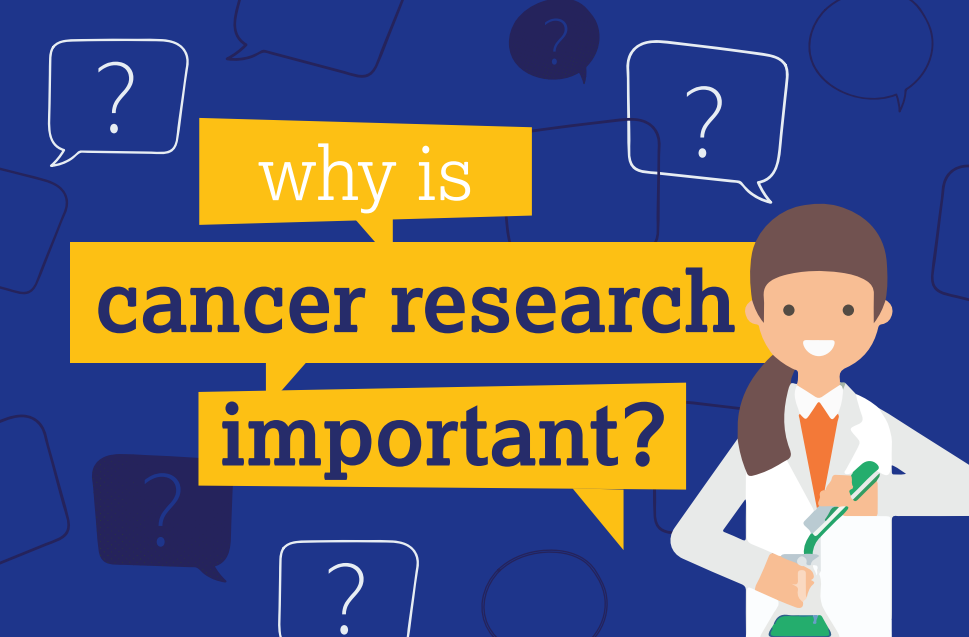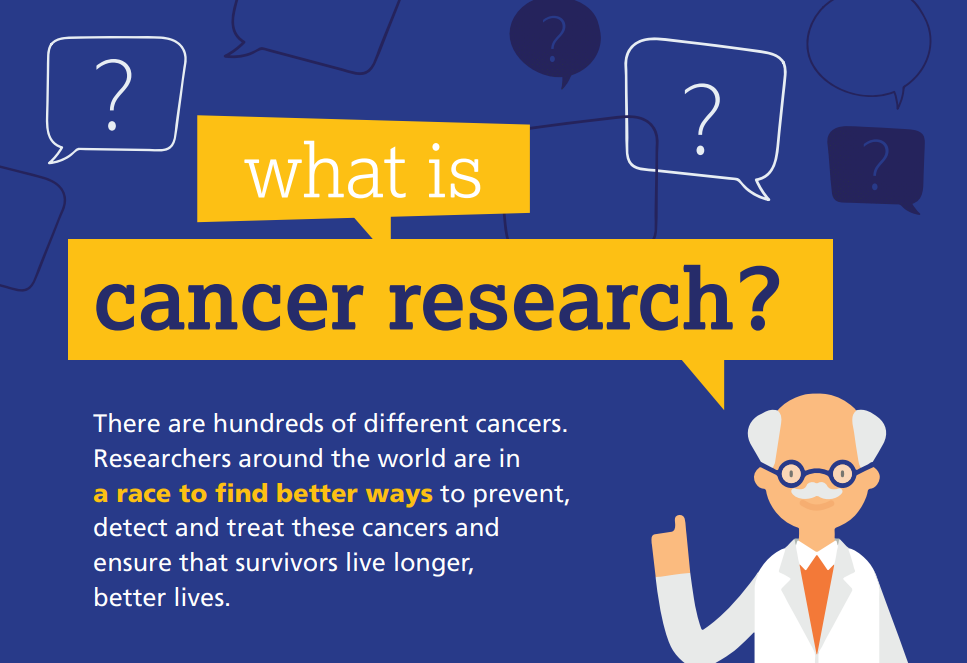The research we fund spans from areas focused on catching cancer early, developing new and improved treatments, clinical trials, through to survivorship – research which ensures people affected by cancer have good quality care and quality of life.
We support different types of researchers in universities and hospitals all across the country. This includes laboratory scientists, data scientists, clinical trial staff, nurses, doctors, and health and social care professionals. In 2023 we supported 188 researchers all around the country working hard to improve the outcomes of those affected by cancer.
An important priority for the Irish Cancer Society is supporting cancer research in areas of high unmet need. For example, research in cancers which have not benefited from the huge strides in outcome seen in some cancers (metastatic cancer, rare cancers and cancers with poor response or outcomes); the unmet needs of children, adolescents, and young adults affected by cancer; tackling misinformation and disinformation in cancer; addressing the needs of under-represented groups of people.
Our research has led to hundreds of discoveries. Each of these new findings have been published in international peer reviewed journals, making this knowledge available to researchers worldwide.


